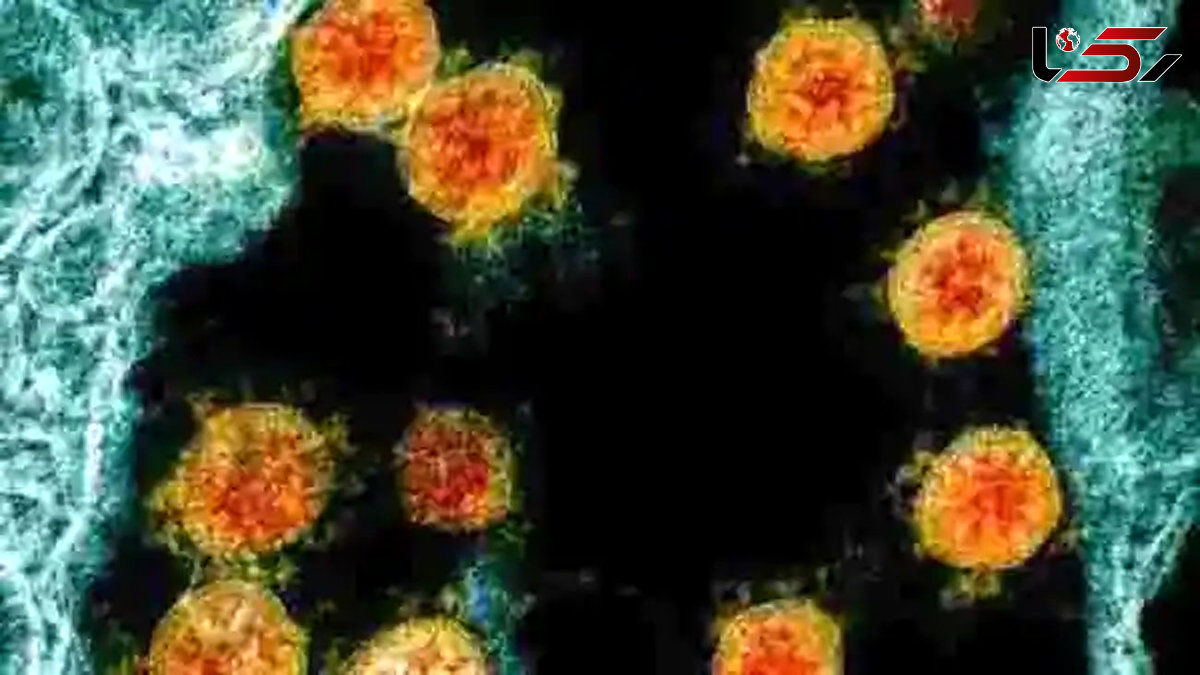Study Finds Specific Proteins Can Inhibit Coronavirus That Causes COVID-19
Rokna: A new study in human and mouse cell lines shows that specific proteins that have long been studied as inhibitors of influenza can also inhibit SARS-CoV-2, the type of coronavirus that causes COVID-19.

Findings of the study led by researchers at the Ohio State University Wexner Medical Center , The Ohio State College of medicine and the National Cancer Institute (NCI) are published online in The EMBO Journal.
The research team focused on studying interferon-induced transmembrane proteins (IFITMs) that are known to restrict infections by many viruses. According to past research on IFITMs and common cold coronaviruses , whether IFITMs are antiviral depends on the specific virus, Phys reported.
"Our new findings are potentially quite important because there are people who have mutations in the IFITM3 gene, possibly making them more susceptible not only to influenza but also SARS-CoV-2," said co-author Jacob Yount, an associate professor of Microbial Infection and Immunity and co-director of the Viruses and Emerging Pathogens Program at Ohio State's Infectious Disease Institute. "We also made a somewhat surprising finding that, under certain circumstances, the virus can actually hijack IFITM3 for its own benefit to enhance entry into cells, which is very different from the flu. The full importance of this unusual ability of SARS-CoV-2 is unclear and will need more research."
In March, as COVID-19 was first sweeping the country, Yount and two members of his team in the Department of Microbial Infection and Immunity were among the first researchers at Ohio State granted access to a specialized, high-security biosafety level 3 (BSL-3) laboratory in the College of Medicine to study live strains of coronavirus. BSL-3 laboratories often work on microbes that can cause serious or potentially lethal disease through inhalation, such as the bacteria that causes tuberculosis.
The researchers underwent specialized training and wore two sets of gloves, along with disposable gowns and booties, and used air-purifying respirators while working inside the secure facility.
As the Ohio State team was studying "genuine" coronavirus, their collaborators at the NCI were examining SARS-CoV-2 Spike-pseudotyped virus, which is a surrogate virus system that uses the core proteins of HIV and SARS-CoV-2 Spike protein for the study of virus entry into cells. This system can be implemented in standard biology laboratories and offers some technical advantages, such as the ability to characterize mutations in SARS-C0V-2 spike.
"Our team at the NCI, using pseudotyped virus, came to many of the same conclusions as the Ohio State group regarding effects of IFITMs on SARS-CoV-2 entry. Combining our data into a joint publication strengthened our confidence in the conclusions," said co-author Alex Compton, who studies HIV and other RNA viruses at the NCI's Retroviral Replication Laboratory.
SARS-CoV-2 can enter cells two ways –through fusion with the surface of cells or through a process called endocytosis. The researchers discovered that IFITMs inhibit the portion of virus that enters cells through endocytosis, and, conversely, enhance entry of virus at the cell surface.
"In 12 years of studying IFITMs, we've never encountered a virus that can use IFITMs for its own benefit," Yount said.
They further found an additional cellular factor that, when present, shifts the balance of IFITM activities toward enhancement of infection. This factor is present to different extents in different organs of the body, and has been suggested to increase with age.
"We're continuing to research whether IFITMs might have distinct effects in different cell types," Compton said.
The teams also found that mouse IFITMs have an overall inhibitory effect similar to those seen for human IFITMs in many of their experiments. They hypothesize that mice lacking IFITMs might serve as a model for severe COVID-19 in which vaccines and therapeutics could be tested.
tasnim

Send Comments